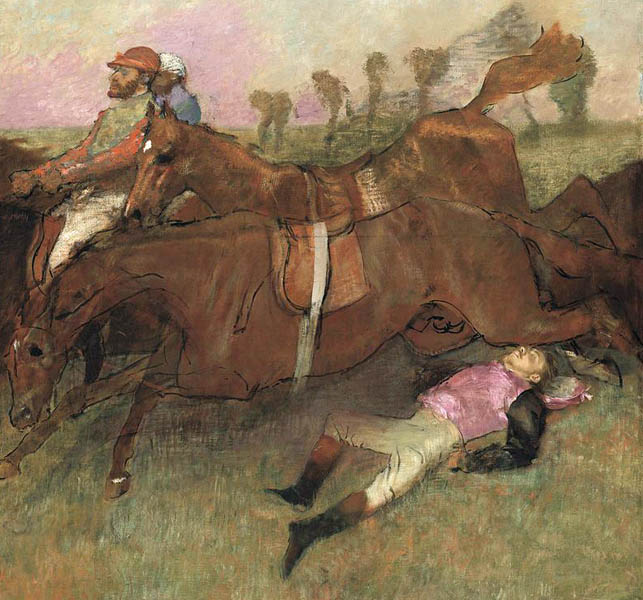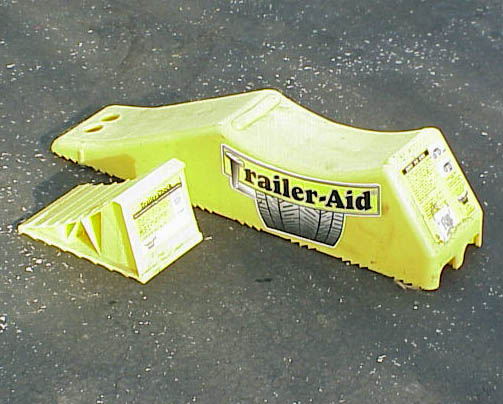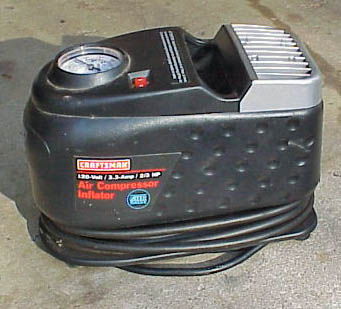So, You Think You Love Horses?
Some Reflections on the Nature of Horses and Man
More Discussions by “The Accidental Horseman”
Playing it Safe and When to Jump Off

The Fallen Jockey by Edgar Degas
I try to make what I write lighthearted, but the topic of riding safety is a very serious one. You will often hear that riding is an inherently dangerous activity, but I believe that is mostly the language of the legal profession posted by those who are justifiably worried about liability. In my decades of riding I have never had a serious injury but that is not true of many of my friends, and I believe it is as much luck as my own caution and riding well schooled, sensible horses. Nearly everything you do might be characterized an inherently dangerous activity; for example, I could make a good argument that getting married is an inherently dangerous activity.
It is possible to be injured or even killed participating is nearly all forms of outdoor recreational activities. Golfers are stuck by lightening. Surfers are attacked by sharks. Hikers are lost forever in the woods (at least we think that is what happened to them). Campers are mauled by bears, and the list goes on and on. People need to ask themselves if the benefits of participating in a particular activity are worth accepting the often small risks of injury inherent in that activity. When I was in college the campus skydiving club made a presentation which was supposed to recruit new members. However, they seemed to spend most of their time talking about the tragic death of a club member the year before. After hearing their presentation, I had no problem crossing skydiving off my list of things to do.
Once you have accepted the risk, the second question is: how can I actively avoid injury to myself, the horse and others. I have made an outline of safely tips for your consideration.
Safety Outline


Trailer Tire Changing Aids and an Tire Inflator
- The Rider
- Match activity to your level of experience.
- When a little voice in your head says “Watch out!” listen to it.
- The Buddy system- It’s not just for swimming.
- Be physically fit and conditioned.
- Be as alert to danger as your horse is.
- Do not do stupid things.
- Keep your head cool and fight down any feeling of fright or panic on your part.
- Do not unintentionally put horses in racing situations.
- Never ride when impaired by alcohol, etc.
- The Horse
- Be regularly schooled and conditioned
- Be introduced to novel things cautiously
- Be reassured if anxious
- The Equine Buddy system- It’s not just for people.
- Keep an adequate distance between horses.
- The Equipment
- Riding helmet
- Well maintained tack that will break if a horse becomes tangled in it
- A cell phone
- Emergency contact information affixed inside your helmet
- Spare riding tack in the event something breaks
- Trail maps, compass or GPS if appropriate
- Wear orange clothing during hunting seasons and when along roads
(There are certain hunting seasons during which you best not ride outdoors.)
- Carry rain and cold weather gear because weather often changes.
- Carry gear which might assist loading a reluctant horse.
- First aid kit
- Carry clippers, knife and folding saw when riding in woodland.
- The Environment
- Watch out for trail hazards-old barbed wire, vines, yellow jackets, snakes, etc.
- Watch out for ground hazards-holes, patches of ice, etc.
- Watch out for hunters, hikers, mountain bikers, 4-wheelers, etc.
- Watch out for bad weather, lightning, high wind, ice, etc.
- Beware of vehicles, and road and railroad crossings
- Do not ride too close to banks of streams
- The Horse Trailer
- Double check that various connections, doors and ramps are secure
- Do not try to off load a horse that is still secured at the head (Ask me how I know).
- Have extra water for animals.
- Have chocks and ramp for flat tire changing.
- Get wheel bearings regularly repacked and lubricated.
- Inspect tire pressure and condition of tires for wear.
- When traveling in winter carry “barn grip.”
- Have a tow vehicle adequate for the weight of the trailer and horses.
- Remember it takes longer to stop a trailer, and other drivers may not realize this.
- Have a tool kit and tire inflater.
- Barn and Pasture
- Watch for electrical hazards.
- Keep fences in good repair.
- Watch out for sharp projections.
- Watch out for poisonous plants and trees.
- Secure feed storage against horses breaking into it.
- Other
- Lock your vehicle at public areas and keep spare keys.
- Don’t have valuables in sight inside the tow vehicle.
- Ride with others; you never know just whom you might meet on the trail, and there is safety in numbers.
- When riding away from home know enough about your location to call for help if needed.
You may not choose to do all of these things, and I do not want to pretend that I carry all this gear and equipment with me on horseback. I do try to keep these things in my trailer or tow vehicle and to carry what is appropriate for the occasion. I find that when disaster strikes that other horseman will always try to help you out. We mostly trail ride so my list favors things that trail riders might need. I do believe that many riding accidents and injuries are preventable, but if not, the next level is good crisis management. I will continue this discussion on the next page should you wish to read on.
Wishing you a safe ride
The Accidental Horseman
More of the Safety Discussion (Elaborations)
Back to Index Page
Back to Additional Discussions



